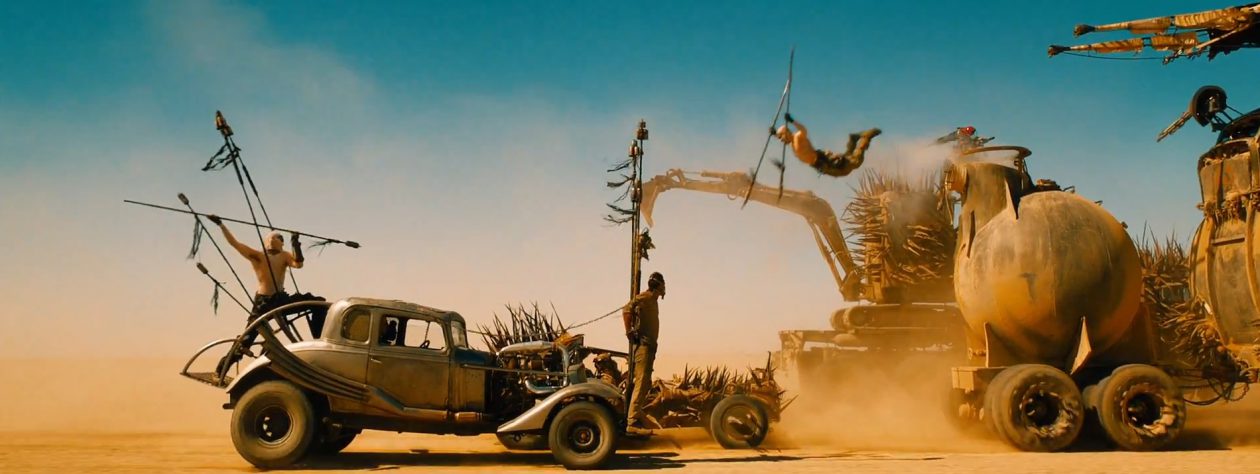Freelance insurance investigator John Trent is tasked to find Sutter Cane, a famed horror writer who has now vanished as his increasingly erratic throng of fans clamour for his yet unfinished book, In the Mouth of Madness.
Directed by John Carpenter, In the Mouth of Madness acts as meta-narrative twist on H.P. Lovecraft’s works. The title, which plays on the name of Lovecraft’s At The Mountains of Madness, is an eerie descent into a labyrinth of perception as sanity and insanity twist into one another. Against the backdrop of a looming crisis and civil unrest, John Trent finds himself being enveloped by eldritch forces as his search expands for Sutter Cane. Mirroring Carpenter’s The Thing, the narration of events become unclear as the film plays with the subjectivity of what is sanity, alongside Lovecraft’s trope of mankind’s inability to comprehend certain forces. For all its potential, In the Mouth of Madness feels lacking but not for a want of trying. Carpenter, who is a fan of Lovecraft’s stories, clearly poured passion into the film. In many ways Carpenter successfully invokes the eldritch spirit of Lovecraft’s words; of a darker reality whispering at a few unlucky human beings. Moments also do truly terrify, while the films surreal opening within an undisclosed asylum subtly forewarns viewers that their perception of events cannot be trusted. The narrative is later hamstrung by its own confusing twists which weakens the impact of the film’s moments of horror. Some of the practical effects fail to past muster by today’s standards while Trent’s journey to another reality acts as a dead sea within the story. This problem may stem from the budget and from the source material. Although Carpenter ignited his career by crafting low-budget films which gained critical and or commercial success, by the time he made In the Mouth of Madness Carpenter had fallen out with the big budget Hollywood system. There are some scenes in the film, especially when monsters are alluded to, that In the Mouth of Madness feels a bit thin. The lack of impact as the film progresses may in large part be due to the weakness of Lovecraft’s own style. Despite his fantastic command of prose, Lovecraft’s stories often peter out. In the Mouth of Madness intermittently shares the same sense of ebbing momentum.
Ignoring its flaws, In the Mouth of Madness is enjoyable and will understandably draw fans of H.P. Lovecraft and Carpenter alike. The certainty of film’s events, especially its ending, will stay on the mind long after viewing. The film has moments of dread and conjures the essence of a strange reality mixing with our own. The film also boasts a great performance by Sam Neill, of Jurassic Park and Peaky Blinders fame, as John Trent. Mimicking a Mid-Atlantic accent closer to the English side, Neill is still convincing and charismatic as the lead in this troubling word.
By Saul Shimmin
For the trailer, see below:


